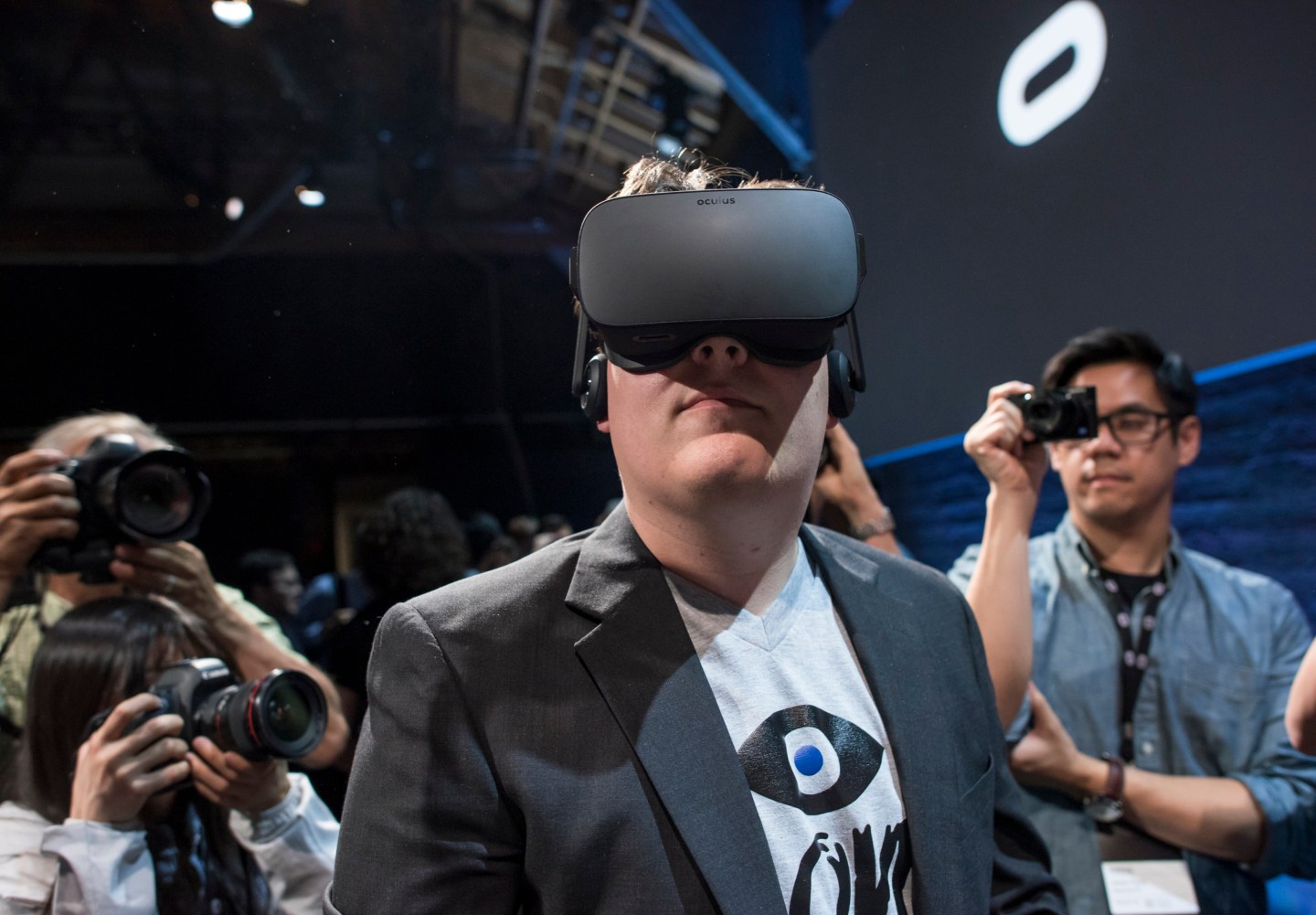Facebook continues to build its virtual reality business. The social networking giant acquired a small startup called Two Big Ears, which specializes in audio technology that Facebook will incorporate into its own VR projects, according to a Facebook blog post on Monday.
Terms of the acquisition were not disclosed.
Based in Edinburgh, Scotland, the startup was set up to assist companies like video game businesses better incorporate so-called spatial audio in their products. Spatial audio refers the idea of replicating sound in a live, three-dimensional space using a combination of amplifiers, speakers, and sound processing technology.
If a person straps on a headset and is transported to a virtual beach, the audio one receives from the headset should give an accurate presentation of the scene. The ocean waves should sound closer or farther away to a person depending on where one may be standing in the virtual environment. Any hiccup or latency in the audio could create a disorienting experience and ruin the feeling of immersion.
Facebook (FB) did not explain in detail how it plans to incorporate the technology into its Oculus Rift headset or related software, but a Facebook blog post by the startup’s founders said that the team “will be working with the Oculus team to combine our expertise and create best in class VR audio.”
Get Data Sheet, Coins2Day’s technology newsletter.
Additionally, the startup’s audio software suite for VR and 360 video, called Facebook 360 Spatial Workstation, is now available for free to download via Facebook.
From the blog post:
Starting today, our pipeline for cinematic VR and 360 video, including the authoring tools, encoder and rendering engine are available for free via download below. We’re excited to be able to continue developing great tools for a larger number of people across the world. 3Dception for Games will no longer be a separate product but we will be working with the Oculus team to combine our expertise and create best in class VR audio. Existing Pro customers will continue to receive support in accordance with your current agreement for the next 12 months.
The move makes sense for Facebook as it attempts to convince developers to build apps and software for Facebook’s own Oculus software suite. Both the Facebook Oculus Rift and the Samsung Gear VR headset, which is co-developed with Samsung, are powered by Facebook’s Oculus software.
Samsung counted more than one million Gear users in April, indicating a growing popularity of virtual reality devices. Yet, although the Oculus Rift has generated relatively positive reviews, there’s still a lack of media and software available compared to mobile phones or desktop computers.
Facebook is trying to make it easier for developers to build software tailored for VR and its Oculus software, and giving coders tools to better incorporate sound technology is one way to entice them.












